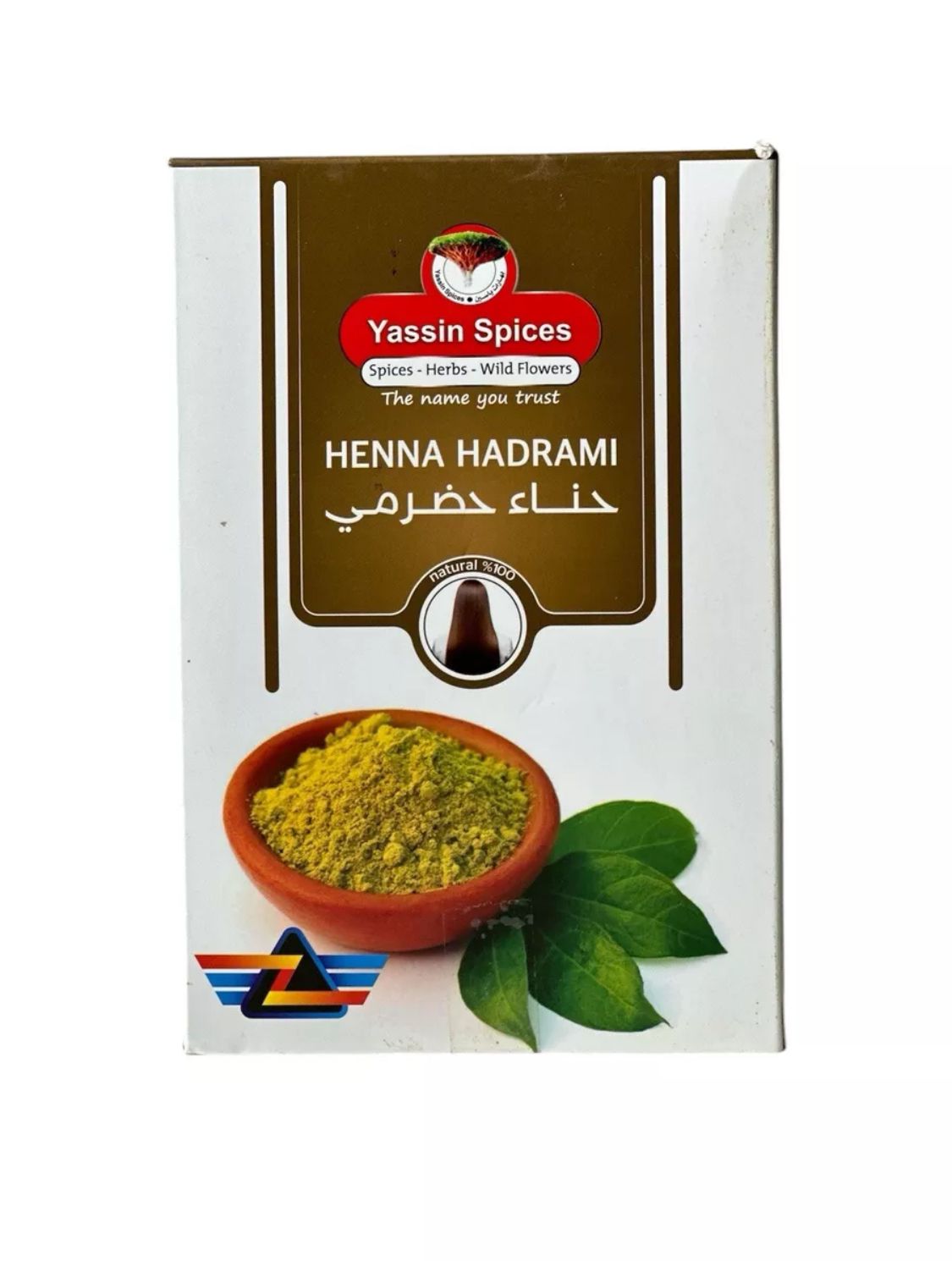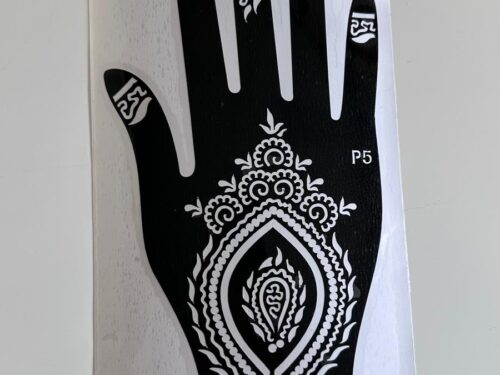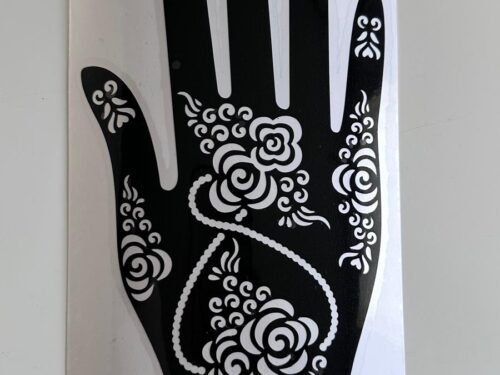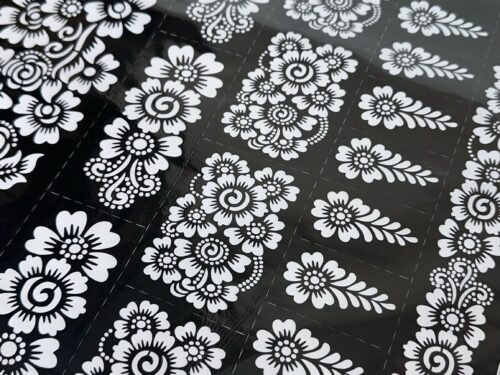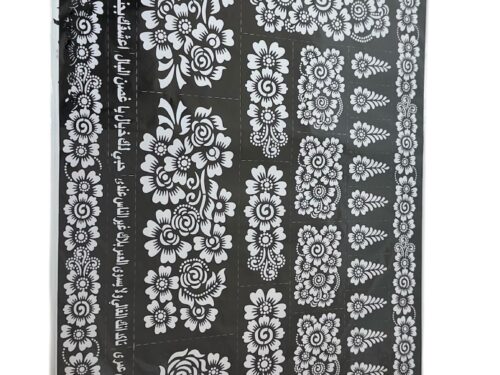Benefits of Yemeni Henna for Hair:
Strengthens and Conditions Hair: Henna is an excellent natural conditioner. When applied to the hair, it helps to nourish and strengthen the hair follicles, preventing breakage and split ends. It leaves hair feeling soft and healthy.
Promotes Hair Growth: Henna has properties that stimulate hair growth. It works by improving circulation to the scalp and balancing the pH levels, creating an optimal environment for healthy hair growth. It can also help reduce dandruff and other scalp irritations, which can improve the overall health of the hair.
Natural Dye: One of the most popular uses of henna is as a natural hair dye. Yemen henna provides a rich reddish-brown to deep burgundy color, which is a chemical-free alternative to synthetic hair dyes. It does not contain ammonia or peroxide, making it much gentler on the hair.
Prevents Hair Loss: Henna has anti-inflammatory and cooling properties that help soothe the scalp. Regular use of henna on the scalp can help reduce conditions like dandruff, scalp itching, and irritation, which can ultimately reduce hair loss due to a healthy, nourished scalp.
Balances Oil Production: Henna is known to balance the natural oils on the scalp. It helps in controlling excessive oiliness or dryness, maintaining a healthy scalp environment that supports hair health.
Adds Shine and Volume: Henna helps to smooth the hair cuticle, which gives the hair a natural shine. It also adds volume to the hair by plumping the strands, making the hair appear fuller and thicker.
Benefits of Yemeni Henna for Skin:
Soothes and Heals the Skin: Henna has cooling properties that can help soothe inflamed or irritated skin. It’s often used to relieve minor burns, rashes, and skin irritations. The natural compounds in henna help to reduce redness and discomfort.
Natural Skin Stain: The rich, reddish-brown stain that henna leaves on the skin is not only decorative but also serves as a form of body art that doesn’t have harmful chemicals like synthetic dyes. This makes it a safe and natural way to create intricate designs on the hands, feet, and body during celebrations like weddings, Eid, and other cultural events.
Antibacterial and Antifungal Properties: Henna contains compounds that have antimicrobial properties, which makes it useful for treating and preventing certain skin infections, including acne. It can help cleanse the skin, reduce blemishes, and prevent the development of pimples and other skin issues by targeting harmful bacteria and fungi.
Tones and Moisturizes: Henna acts as a natural moisturizer for the skin, providing hydration while also helping to improve skin texture. It nourishes dry, flaky skin and gives it a soft, supple feeling. For those with oily skin, henna also helps to control oil levels, keeping the skin balanced.
Improves Skin Elasticity: The application of henna on the skin can stimulate the production of collagen, which improves the skin’s elasticity and helps to prevent wrinkles and sagging. This makes it a natural anti-aging treatment.
Reduces Skin Inflammation: Yemeni henna has anti-inflammatory properties, which help calm inflamed or irritated skin. It can be applied to areas of the body experiencing redness, swelling, or discomfort due to conditions like eczema, psoriasis, or other inflammatory skin conditions.
Natural Exfoliant: When used in face or body masks, henna helps to exfoliate dead skin cells, leaving the skin feeling refreshed and smooth. It removes impurities and helps to unclog pores, which can improve skin clarity.

